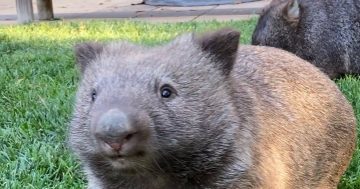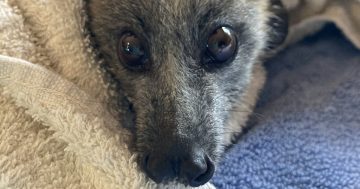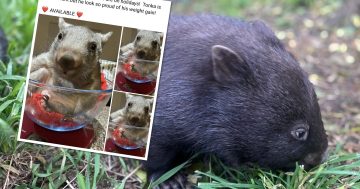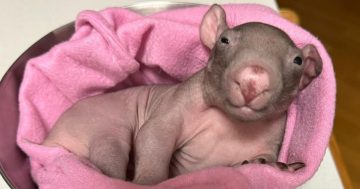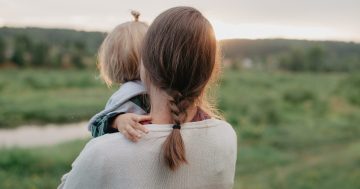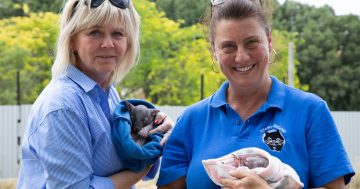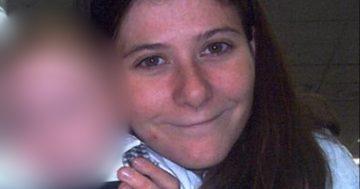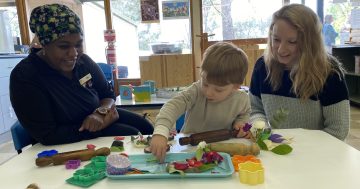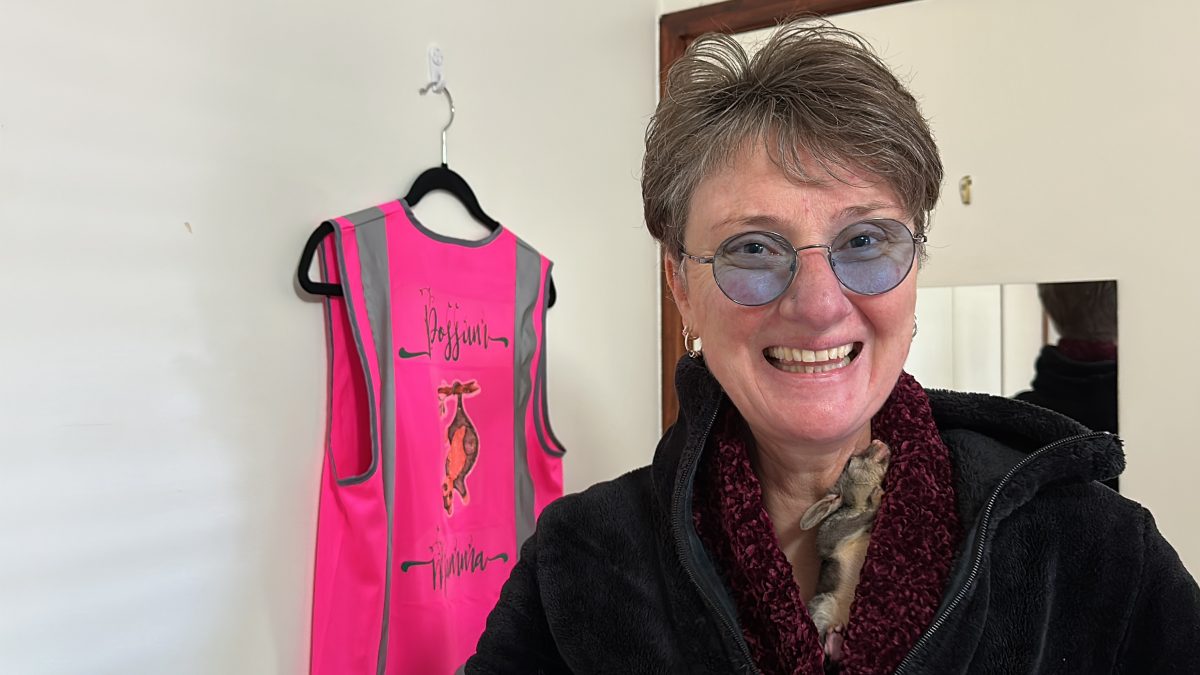
Canberran Liezel Theron found a new lease on life after she began caring for orphaned baby possums. Photo: Travis Radford.
“2020 is when it started,” Liezel Theron remembers. “When multiple sclerosis started making my life really difficult.”
Former physiotherapist Liezel was forced into early retirement just a year after her diagnosis with the debilitating illness.
“There’s something that holds on, it’s like, ‘Just get over this. I can get back to work,’ but then,” she pauses. “I didn’t, and I couldn’t.”
Suffering from pain and memory loss, Liezel was diagnosed with secondary progressive multiple sclerosis in 2021, the most advanced stage of the condition.
Unlike other stages where symptoms may stabilise or even completely disappear for periods of time, this stage involves the illness becoming steadily worse.
Realising she would never return to her dream job, Liezel fell into a deep depression and asked herself, “Why the heck do I wake up tomorrow morning?”
“Then a sugar glider fell in my backyard,” she laughs. “It was barely breathing, ice cold, [but] the heart warmed it up and it started moving.”
ACT Wildlife soon took the glider into their care but Liezel’s brief experience with the pocket-sized marsupial was life-changing.
Since then, she has cared for around 10 baby possums, including Forest, who came into her care three weeks ago after being found abandoned.
She estimates he’s around three and a half months old but explains ACT Wildlife uses weight as a measure, rather than age, given possums are born the size of a jelly bean.
Forest came into Liezel’s care weighing just 90 g. He is bottle-fed with special possum formula four to five times a day. Because he can’t regulate his body temperature yet, he’s kept in a box with a heat pad in a heated room. At night (possums are nocturnal), he free ranges in a small enclosure, where he unknowingly participates in a rudimentary kind of possum physiotherapy.
“I’ve done growth spurts and that kind of pain a million times on people but I’ve had to back it down a million times for something this big,” Liezel explains.
While Forest is in relatively good health, a possum she previously cared for had been attacked by birds, which had bitten off the tip of its tail and damaged one of its feet.
“He learned to jump with a little bung foot and to hang off his tail which didn’t have a very sensitive end. He managed to do well and he was released,” Liezel says.
But the life of a possum carer isn’t all glamour. Liezel also has to stimulate and clean up after bowel movements. “This is kind of a full-time job,” she explains.
Forest will enter his possum teens when he weighs about 600 g. “And they are really teenagers, and they can be grumpy like teenagers,” Liezel laughs. At this stage, he will be weaned from the baby formula and leave Liezel’s care. But before being released into the wild, he will be moved to an outdoor aviary where he will have the company of another possum and learn to forage on his own.
“People ask me the difficult question, ‘Doesn’t it break your heart when you let them go?'” Liezel says. “No, it makes me proud, because they were never supposed to be mine.”
Once Forest reaches between 800 grams and one kilogram at around one year old, he will be released into an area of the wild that has been assessed as safe, with enough food and water.
Six of the baby possums Liezel has cared for have reached this stage and successfully been released back into the wild, while three more are still in the intermediate stage.
“Each and every one has been so different,” Liezel says. “They just have their own way and Forest is the most gentle soul. Some are cheeky and some are shy all the time.”
“People say possums are mean, they really aren’t. They fight for their territories and they have to, but they don’t fight people. They are actually very kind animals.”
Liezel urges people to keep their pets inside at night, to slow down at dawn and dusk and to keep a look out for injured wildlife that could have babies.
She also invites people to get involved. “For people like myself who lost purpose, there’s so much you can do with ACT Wildlife,” Liezel says.
“There’s so many ways that you can help and find yourself in a new community that really cares. It saved my life.”












